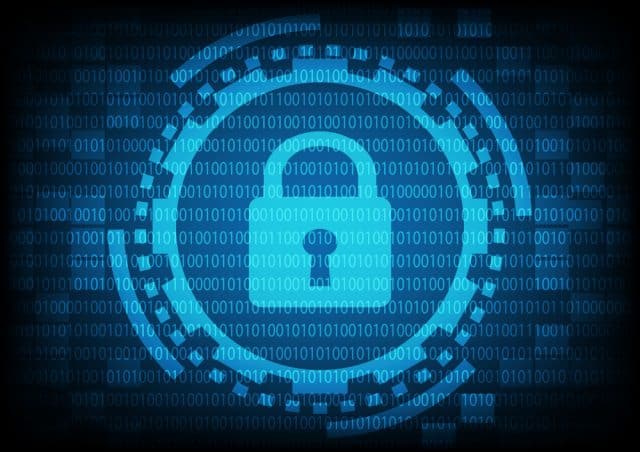Encryption adoption up but sensitive data is still at risk

Encryption adoption has soared to 94 percent, but inconsistent application continues to put sensitive data at risk, finds a new survey.
The study from secure storage maker Apricorn shows that 59 percent of IT security decision makers say encryption has increased, allowing them to better protect their data, including on lost/stolen devices.
While software encryption has grown, the importance of hardware encryption remains a priority with 34 per cent highlighting that they only allow the use of hardware encrypted organization-approved removable media.
A key driver behind the uptick in the use of encryption is the continued prevalence of remote and hybrid working. 26 percent of organizations cite this as a primary reason for implementing encryption, up from 20 percent in 2024.
As sensitive data continues to move beyond the traditional perimeter, securing endpoints and remote access points has become essential. This has spurred the wider adoption of encryption, compounded by the fact that 11 percent of those surveyed say they didn’t know which data sets to encrypt. The report notes that this is one of the biggest problems associated with implementing a cybersecurity plan for remote/mobile working.
Interestingly, fewer organizations are now using encryption specifically to protect against ransomware, down to just 10 percent in 2025 from 12 percent in 2024 and 17 percent in 2023. This may reflect a shift in mindset, with ransomware attacks becoming more sophisticated and often unavoidable. Instead, the focus has moved toward ensuring the recovery of data through protected backups, rather than solely trying to prevent and protect against initial compromise.
Jon Fielding, managing director, EMEA at Apricorn, says, “Encryption is only as effective as its execution. While it’s encouraging to see more organizations adopt a strategic approach, policies that sit on paper won’t protect data. Until encryption becomes an embedded, standardized part of all data handling, especially at the endpoint, businesses will continue to face unnecessary risk.”
When asked where encryption is most commonly applied, 64 percent say they encrypt all laptops and desktops compared with 58 percent and 55 percent in 2024. Encryption of portable media such as USB drives and hard drives has also risen from previous years, with all USB drives now encrypted by 54 percent and 63 percent now encrypt all portable hard drives. This figure is now at its highest since 2020, having increased from 54 percent in 2024, and a mere four percent in 2023.
Many expect to apply encryption on mobile devices (38 percent), although this could be due to a dip in previous years, when the number of respondents stating they encrypt all mobile devices dropped to 43 percent from 50 per cent in 2024. Removable media also remains a key focus, with 27 percent of respondents planning to increase encryption usage on USB sticks and 25 percent on portable hard drives.
You can find out more on the Apricorn site.
Image credit: nicescene/depositphotos.com
